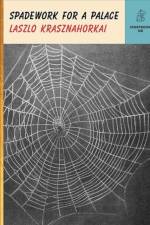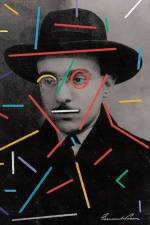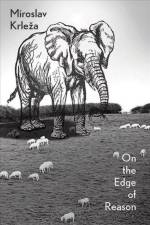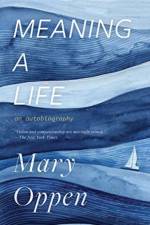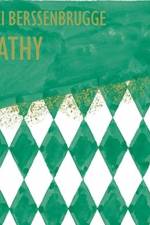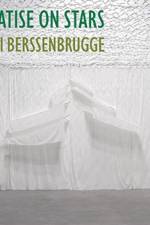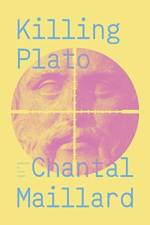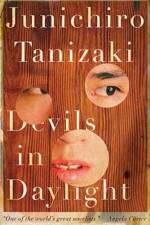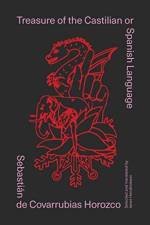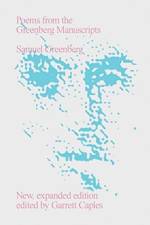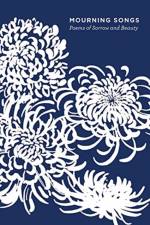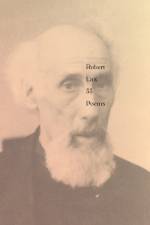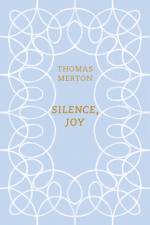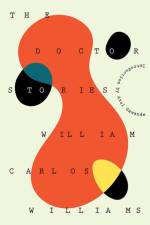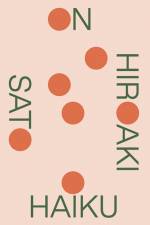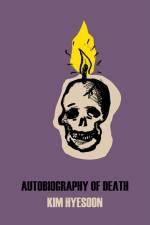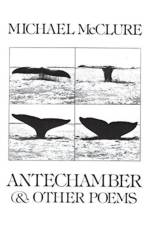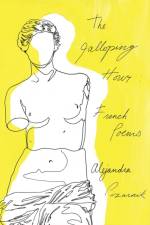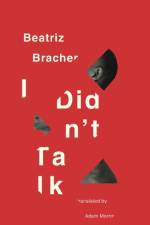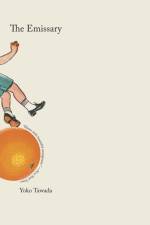- Poems of Sorrow and Beauty
149,-
Who has not suffered grief? In Mourning Songs, the brilliant poet and editor Grace Schulman has gathered together the most moving poems about sorrow by the likes of Elizabeth Bishop, William Carlos Williams, Gwendolyn Brooks, Neruda, Catullus, Dylan Thomas, W. H. Auden, Shakespeare, Emily Dickinson, W. S. Merwin, Lorca, Denise Levertov, Keats, Hart Crane, Michael Palmer, Robert Frost, Hopkins, Hardy, Bei Dao, and Czeslaw Milosz-to name only some of the masters in this slim volume. "The poems in this collection," as Schulman notes in her introduction, "sing of grief as they praise life." She notes, "As any bereaved survivor knows, there is no consolation. 'Time doesn't heal grief; it emphasizes it,' wrote Marianne Moore. The loss of a loved one never leaves us. We don't want it to. In grief, one remembers the beloved. But running beside it, parallel to it, is the joy of existence, the love that causes pain of loss, the loss that enlarges us with the wonder of existence."

